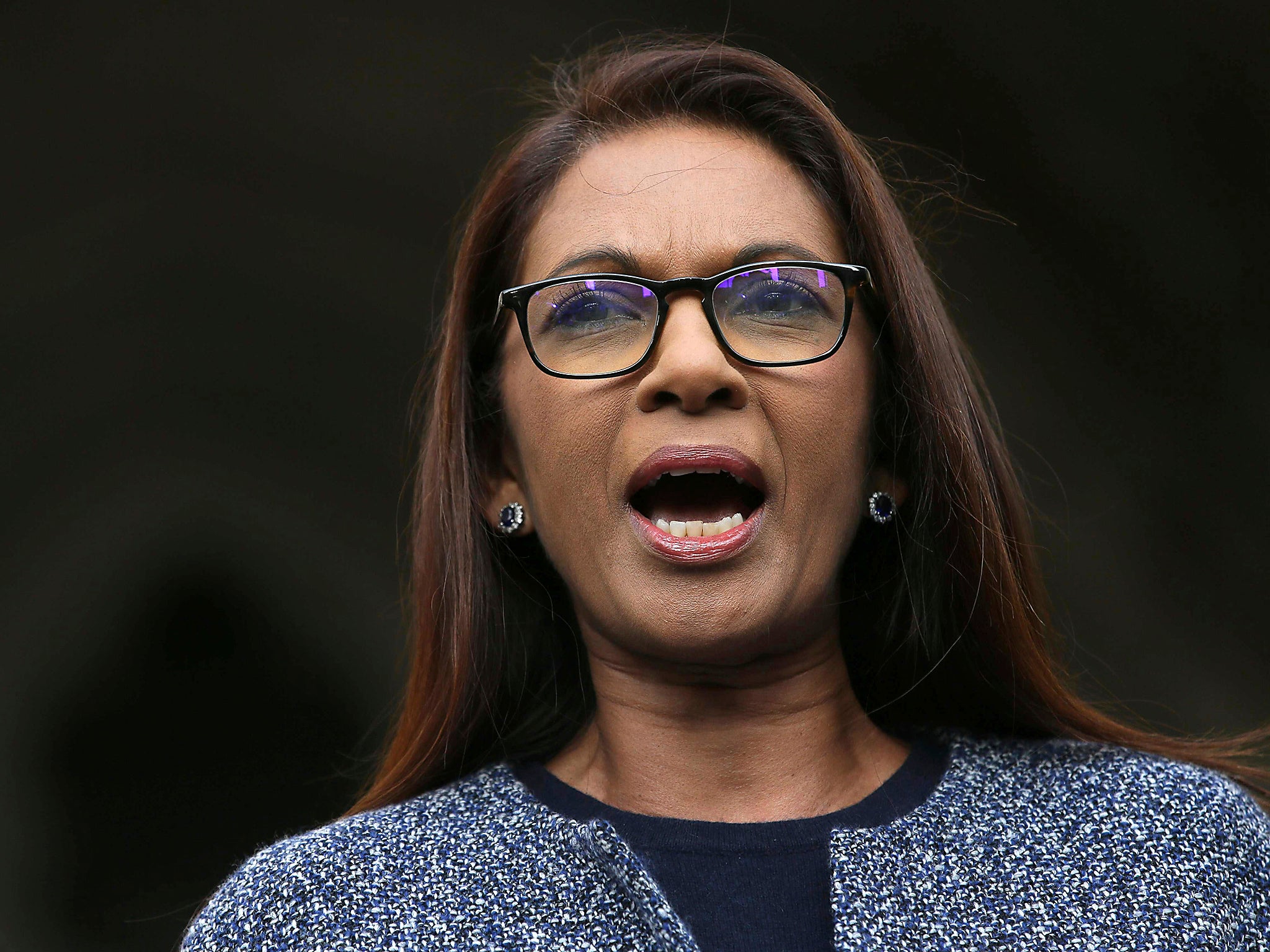Attempts by the Government to fight the High Court’s decision will only worsen rifts over Brexit
It is entirely proper, if the Government indeed plans to govern on behalf of all the people in this country (not just the 52 per cent) that the people’s representatives should have some input as to what Brexit might look like

If the High Court’s ruling on the need for Parliament to be involved in triggering Article 50 proves anything, it is that many of Brexit’s most ardent supporters do not understand irony. Two of their great cries during the referendum campaign concerned the need to stop European judges meddling in British affairs and a desire to restore the sovereignty of this country’s Parliament. Yet now they cry foul at a ruling by judges in London which does little more than to assert the primacy of Britain’s Parliament over the prerogative powers of the Government (in this case one headed by a Prime Minister whose leadership has never been put to the country). It’s funny how things turn out.
Before he thought better of the whole adventure, David Cameron had indicated that he would – in the event of a vote to leave the EU – trigger Article 50 of the Lisbon Treaty immediately. With hindsight, it now seems remarkable that the question of how the Article 50 process could lawfully be initiated was not asked prior to the referendum. Perhaps it shows how strong was the misplaced confidence of the Remain camp. Equally, the High Court’s ruling today exposes the similarly overconfident (perhaps even arrogant) approach of Theresa May during recent months. For, when examined in the cold light of day, the judgment appears eminently sound.
The Government’s immediate reaction was to indicate an intention to appeal against the decision. That in itself will cause a certain amount of delay and might encourage the devolved governments of Scotland, Wales and Northern Ireland to seek leave to have their views heard, which opens up even thornier constitutional questions. And if the Supreme Court were to decide to address the question of whether an Article 50 notification can subsequently be withdrawn (the High Court having worked on the assumption, accepted by both sides thus far, that it cannot), there could – heaven forfend – be further legal appeals to the European Court of Justice. Nigel Farage might at that stage explode. With the possibility of such further wrangling in mind, the Government may in due course decide to accept the High Court’s verdict and bring the matter before Parliament.
This surely would be the sensible course. After all, at its heart the ruling does no more than underscore the point that by triggering Article 50 the Government would ultimately be depriving British citizens of rights they enjoy as a consequence of the European Communities Act 1972, the primary legislation by which EU statutes were given effect in UK law. Since this is self-evidently a matter which impinges on domestic law, the exercise of prerogative powers cannot outgun the will of Parliament as previously expressed. In short, the judgment is not about whether Brexit can or should proceed, but about the right of Parliament to have a say in the matter.
For the Government, this may be a less than palatable prospect. But even by a non-legal analysis, the attempt to exclude Parliament from debating the question of when to trigger Article 50 seemed a travesty. After all, June’s referendum only asked whether Britain should remain inside the EU – it did not seek voters’ views on what kind of future they envisaged in the event of withdrawal. There is little likelihood that MPs and peers would seek to block the will of the Brexit majority, however small it may have been. But it is entirely proper, if the Government indeed plans to govern on behalf of all the people in this country (not just the 52 per cent) that the people’s representatives should have some input as to what Brexit might look like.
Britain is presently a nation divided in too many respects. Attempts by the Government to fight the High Court’s decision are more likely to expose those rifts further than to heal them. The sovereignty of Parliament has been upheld by the judges’ verdict – now all sides in both Houses must prove that the institution is founded on collegiality too. Failing that, an early – and bitter – general election may be closer at hand that anybody anticipated.
Join our commenting forum
Join thought-provoking conversations, follow other Independent readers and see their replies
Comments
Bookmark popover
Removed from bookmarks